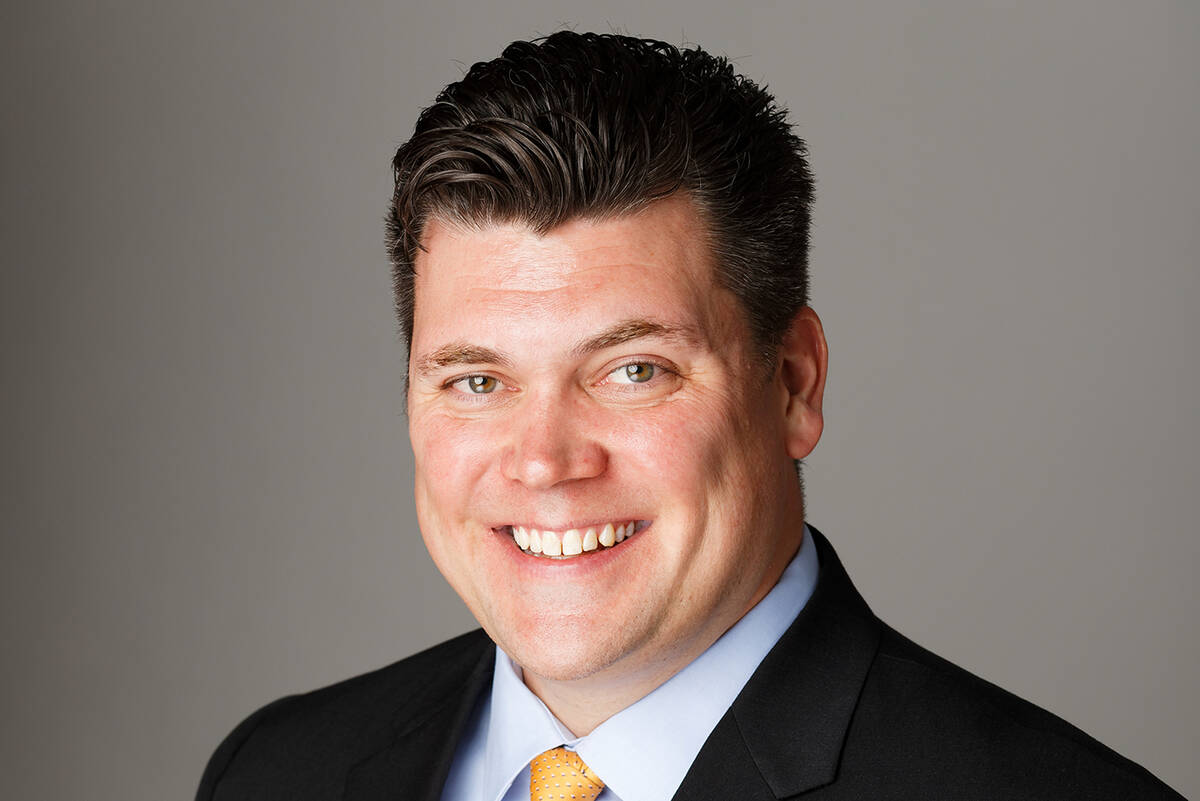New law improves online protections for homeowners
Note: This is the first of two columns by Las Vegas attorney Adam H. Clarkson. Today, he addresses Senate Bill 378, which imposes cybersecurity insurance and data protection requirements for homeowners associations’ online assessment payment processors. Next week, he will address what the new law says about email notices.
Did you know that prior to Nevada’s 2023 legislative session the persons processing your online payments for your homeowners association were not required to maintain cybersecurity insurance to provide coverage in the event the information you provided them, such as your bank account and/or credit card numbers, was stolen due to your transaction with them? It’s frightening, but true.
In fact, effective this year a prior law passed in 2021 would have forced HOAs to allow for online payment processing without imposing cybersecurity or cyber liability insurance requirements. Fortunately, this issue was caught and addressed by the state Legislature.
Pursuant to SB378, which was adopted this session and went into law earlier this year, entities processing homeowner payment transactions are now required to maintain a minimum of $5 million in cybersecurity insurance “that provides coverage for losses arising out of or relating to data breaches, unauthorized intrusions into an information system, computer viruses, ransomware, identity theft and similar exposures.”
In most cases, this will be a nonissue for large banks that are already insured for these issues and are handling the transactions. However, any person or entity not so insured will be precluded from engaging in the business of handling homeowners’ personal information related to owners’ online HOA payments. Also, associations offering online payment services, even when offered through a portal that is ultimately processed by a well-insured bank, must also maintain certain minimum cyber-insurance amounts to protect the HOA and its members from any cyber-theft-related claims.
Not only does SB378 impose cyber-insurance requirements for persons processing homeowners’ payments online, but it also expressly imposes data protection requirements. Notably, SB378 imposes the protection for personal information requirements of Nevada Revised Statutes 603-A.010 to 603-A.290 upon HOA online assessment payment processors. What does that mean? It means that HOA payment processors must use special encryptions and other data protection methodologies to protect information provided to them, like homeowners’ bank account numbers, credit card numbers, user names and unique identifiers, including passwords combined with e-mails.
Should your HOA utilize online payment portals for assessment payments? Opinions on this issue may vary significantly based upon the cost-benefit to an association. Fortunately, thanks to SB378, HOAs will no longer be forced to use such systems despite the liabilities and costs.
Instead, SB378 expressly requires an HOA’s board to perform a cost-benefit analysis as to whether an online payment system makes sense for a particular association. Such an analysis will involve considering issues such as, but not limited to, costs of obtaining cybersecurity insurance, benefits of online payment accessibility, liabilities for cyber-theft claims, expenses of maintaining such systems and related concerns.
If your HOA offers an online payment portal for assessment payments, will you be able to pay online after you have been sent to collections for delinquent payments? No. HOAs are required to suspend access to online payment portals once a homeowner has been sent to a third-party collection company. Of course, this will not impact owners who make their payments on time or a little late.
Adam H. Clarkson, Esq., CCAL, is the owner of The Clarkson Law Group, P.C. a community association law firm. Clarkson is a member of the Fellows of the Community Associations Institute’s (CAI) College of Community Association Lawyers. He is the chair of CAI’s Nevada Legislative Action Committee, former chair and current member of the CAI Nevada Political Action Committee, past president and current member of the CAI Nevada Chapter board of directors, the industry representative on the Nevada Department of Business & Industry’s CIC Task Force and a member of the Nevada State Bar Real Property Committee. He also is co-author of the Common Interest Community Section of the “Nevada State Bar Real Property Practice Manual.”





























